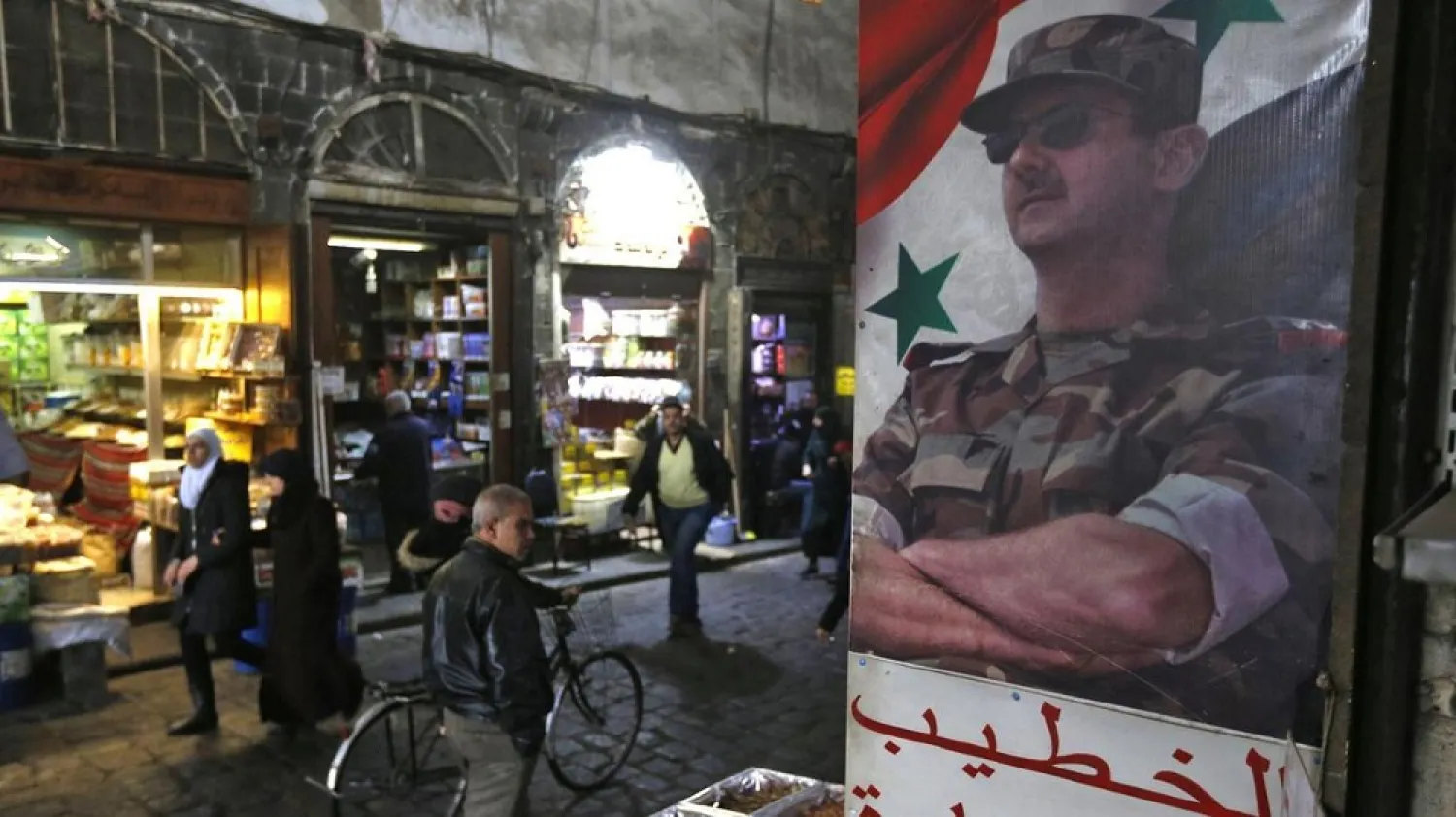The past two weeks in Syria have witnessed the assassination of eight military officers in mysterious circumstances.
The latest target was Nizar Zeidan, the head of a militia that is affiliated with the Fourth Armored Division, which is led by Maher Assad, the brother of Syrian president Bashar Assad.
He is just the latest in a string of assassinations that have targeted figures who are close to Maher.
On Saturday, Ali Jumblat, Maher’s aide in the Fourth Division, was killed by a sniper shot in front of his home in Yaafour.
Head of the air intelligence division in the eastern region and a close associate of the Iranian Revolutionary Guards Corps, Jihad Zaal, was killed along with several of his companions, in an attack on his vehicle on the Deir-Ezzour-Damascus highway overnight on Saturday.
On Sunday, air intelligence official, Thaer Kheir Bek was killed by a sniper in front of his home in Damascus. Later that day, Zeidan was killed in a car bombing in the Wadi Barada region.
The assassinations were followed by clashes between rival factions in the Daff al-Shol region south of Damascus. Media sources in Damascus speculated that they were fighting over shares of financial levies.
On July 1, a close associate of Maher and a member of the Fourth Division, Maan Idris, was shot dead in front of his home in Damascus. Two days earlier, Sumer Deeb, an investigator at the notorious regime-run Sednaya prison, was killed by a sniper in front of his home in the capital. On July 2, Haitham Othman, of the military engineering academy, was declared dead. Reports speculated that he died from the coronavirus.
Since the eruption of the conflict in Syria in 2011, Maher’s Fourth Division has managed to control the so-called “shadow economy” in the country. He has seized customs directorates, set up checkpoints on trade routes and border crossings, and managed smuggling networks that are run by various affiliated militias.
Syrian opposition activists Kamal al-Libwani linked Jumblat’s assassination to Italian authorities’ recent declaration of the discovery of a captagon drug shipment from Syria. Authorities seized 84 million pills, weighing 14 tons and worth nearly a billion euros in what one of the biggest busts on record.
Germany’s Der Speigel reported on Saturday that the shipment belonged to Samer Kamal Assad, one of Bashar’s closest associates. It refuted Italian authorities’ claims that the shipment was being smuggled by ISIS.
Samer Kamal Assad owns a captagon manufacturing factory south of Latakia. It is just one of such facilities that are run by the Assad family.









